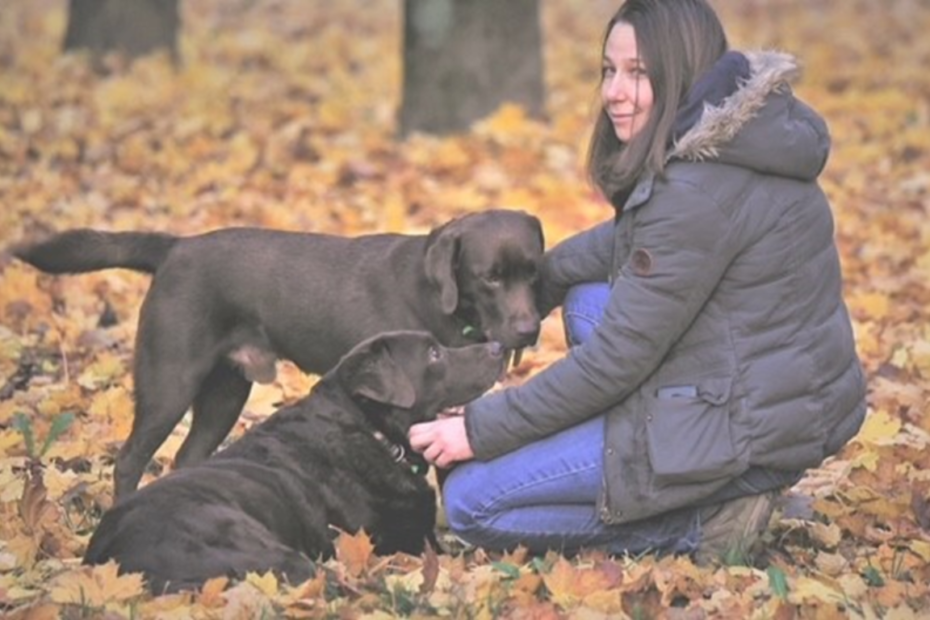You might think that choosing a trainer to assist you with training your deaf dog is different to choosing a trainer to help you train your hearing dog. Let me reassure you that your dog is a dog first and deaf second. There is no particular need to have a specialised deaf dog trainer and although it is beneficial if they have trained a deaf dog before it’s not absolutely necessary. As long as they are aware that deaf dogs don’t always know how to ‘speak dog’ then a specialised trainer is not mandatory and let’s face it – if the trainer can’t adapt their methods to cater to you or your dog’s diverse abilities then perhaps you should find someone else.
If there’s one thing that studying psychology has taught me it’s that a dog trainer isn’t a dog trainer at all. They don’t train dogs. They teach people to train their dogs. They’re your doggy counsellor, your life coach and cheer squad all rolled in to one person. When you walk away from a lesson feeling chuffed that your Furkid learned to go to their mat today, your trainer is going home and thinking about how they can take it up a notch or do something differently next lesson to keep you and your dog on the path to success. So, with this in mind, even if you are differently abled and need tweaks to how training is delivered, then the most important consideration when choosing a trainer is to choose someone whom you connect with. They are, after all, training you and you are training you dog. Any trainer can teach your dog to come when called, sit and stay but do those behaviours translate to you or to a different environment once you and the Furkid get home? They’ve trained your dog, but they haven’t taught you how to get those same results. Whether you opt for classes, face to face or online lessons, or a stay and train facility, there should always be time scheduled to show the Furparent what’s been taught, how it is taught and how you can get the same results with your Furkid at home.
Choose a trainer whose methods make sense to you. If you’re not on board with them and their methods, then the training will be a drag for you and your dog, and you won’t be successful. Trainers often talk about owner compliance – did the human train the dog during the week? Yes, it’s absolutely up to you to put in some effort during the week to reinforce what you and your pooch learned during class (10 minutes a day to be precise), but training should be fun, not a yawn fest. You got a dog so that you could have fun with it, right?
Our Little Angels Dog Training coaches all bring something different to the party. There are R+ Trainers and Games-Based Trainers or both. Some are quiet and methodical, some are loud and animated, and everywhere in between. Some specialise in differently abled dogs. Some specialise in hearing and sighted dogs. Some specialise in large breed dogs or small breed dogs. You get the idea. We all work together to make sure that you and your dog get the best experience you can during your training. So, when choosing a trainer for you and your dog ask questions about their training methods – who else is involved in the training sessions and what equipment they recommend for training. If they make sense to you then book a lesson pronto. If they say something that makes you cringe, then they are probably not the trainer for you and your dog. Remember too that, at the time of publication, the dog training industry in Australia is not regulated so anyone can register an Australian Business Number and call themselves a dog trainer without any qualifications or knowledge of the science behind canine learning. It’s really a case of buyer beware so ask questions before you stump up your hard-earned cash. Game On! Let’s Play



